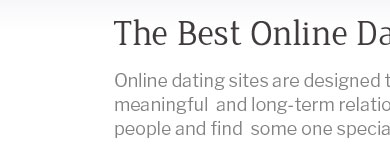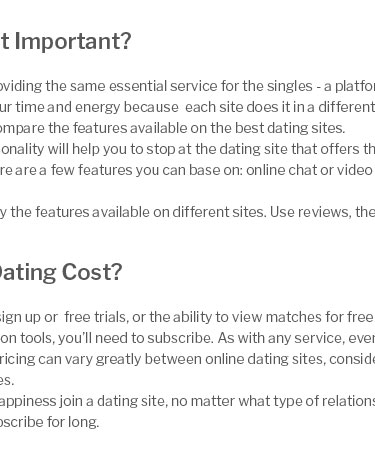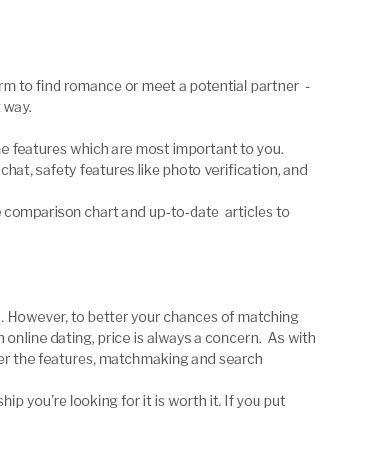have an affair australia: context, risks, and realitiesUnderstanding what people meanThe phrase can refer to secret relationships, discreet dating, or exploring connection outside a primary partnership. Motivations vary-loneliness, curiosity, mismatched needs, or a desire for novelty. Clarity matters: know what you want, what you can accept, and what you will not risk. Emotional and practical risks- Emotional fallout: guilt, anxiety, jealousy, and trust breakdowns.
- Relationship impact: strained communication, loss of intimacy, and potential endings.
- Social exposure: friendship circles, workplaces, and community reputation can be affected.
- Digital traces: messages, photos, and metadata can persist.
- Health considerations: STI testing, condoms, and honest health disclosures.
Spot the red flags- Escalating secrets that feel unsafe.
- Pressure to do things that conflict with your values.
- Neglect of personal responsibilities and wellbeing.
Consent, law, and respect in AustraliaInfidelity is not a criminal matter, but honesty and consent remain core ethical pillars. Family outcomes can be influenced by conduct within a relationship, especially when it affects finances, safety, or children. Seek impartial legal guidance if separation or parenting arrangements are in view. Respect, safety, and informed consent are non‑negotiable. Digital discretion and privacy basicsProfiles and boundaries- Use neutral photos and avoid identifiable backgrounds.
- Set clear boundaries for communication, meetups, and disclosure.
- Agree on what is off‑limits to share (names, workplaces, home details).
Data hygiene- Use strong, unique passwords and multi‑factor authentication.
- Keep devices updated and review app permissions.
- Separate personal and dating communications where possible.
Meeting safely- Choose public places and arrange your own transport.
- Tell a trusted person where you’re going, using neutral phrasing if privacy is key.
- Prioritise sobriety and situational awareness.
Online platforms: features to compareLook for tools that prioritise control and clarity. - Verification and moderation: reduces fake profiles and spam.
- Privacy controls: photo blurring, selective sharing, and profile visibility toggles.
- Communication design: burnable chats, screenshot alerts, and content controls.
- Discovery preferences: precise filters for intent, boundaries, and health practices.
- Support resources: reporting flows, safety guides, and responsive help.
If you’re researching niches, a curated directory like the pure hookup website roundup can help you compare features at a glance. Cross‑checking across regions (even lists such as omaha hookup apps) can reveal which features are universally valued versus location‑specific. Alternatives to consider- Reconnection: address unmet needs with open conversations or guided exercises.
- Counselling: individual or couples therapy to clarify desires and boundaries.
- Consensual non‑monogamy: only with explicit, informed, and ongoing consent.
- Honest transition: if needs are incompatible, a respectful separation may be healthiest.
Your wellbeing is the priority-choose paths that protect dignity and autonomy. Quick tips- Own your values. Decide the lines you won’t cross.
- Plan for privacy. Reduce unnecessary data exposure.
- Protect health. Testing and barrier methods matter.
- Think long‑term. Anticipate consequences before acting.
FAQIs having an affair illegal in Australia?It is not a criminal offence. However, it can carry significant personal, relational, and financial consequences, and it may be considered in family matters where conduct affects welfare, trust, or resources. Ethical concerns and safety remain central. Can apps guarantee discretion?No platform can promise absolute privacy. Choose services with robust privacy controls, verify settings yourself, minimise identifiable content, and practice careful data hygiene. Treat every message or photo as potentially shareable. How do I reduce emotional harm?Start with honest self‑reflection about motives and limits. Establish clear boundaries, avoid making promises you cannot keep, and check in on emotional wellbeing. If distress escalates, pause and seek professional support. What health precautions are wise?Use barrier methods consistently, get regular STI screenings, and discuss sexual health expectations before intimacy. Prioritise mutual consent and transparent communication about protection. Are there alternatives to secrecy?Yes. Consider relationship counselling, renegotiating agreements, or exploring consensual non‑monogamy with explicit, informed consent. If alignment is not possible, a respectful parting may be healthier for everyone involved.

|




















